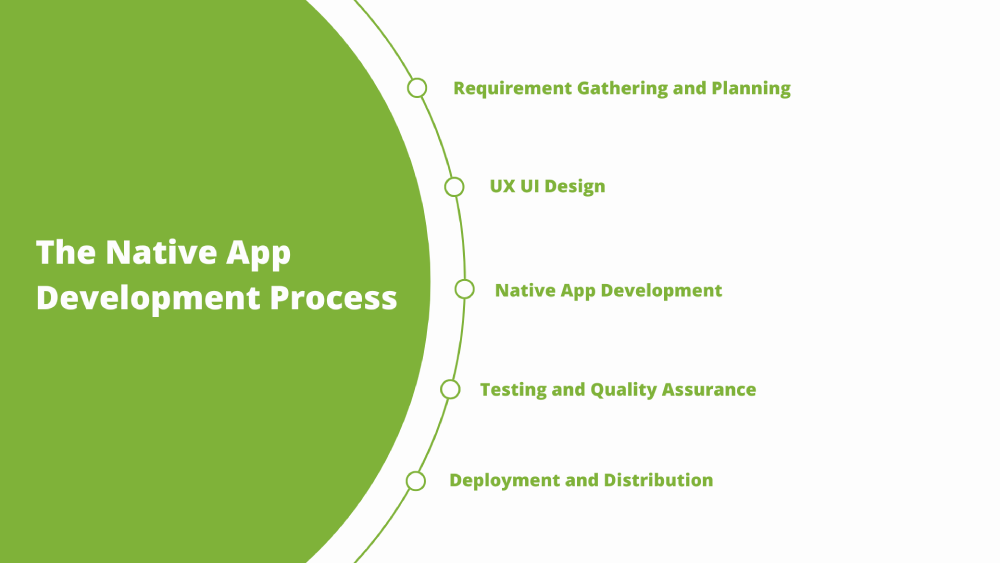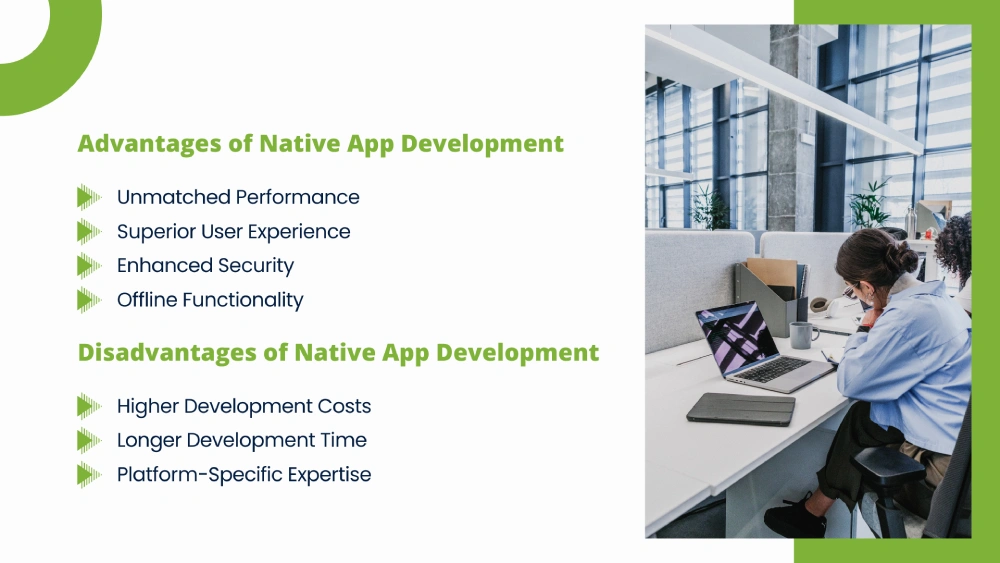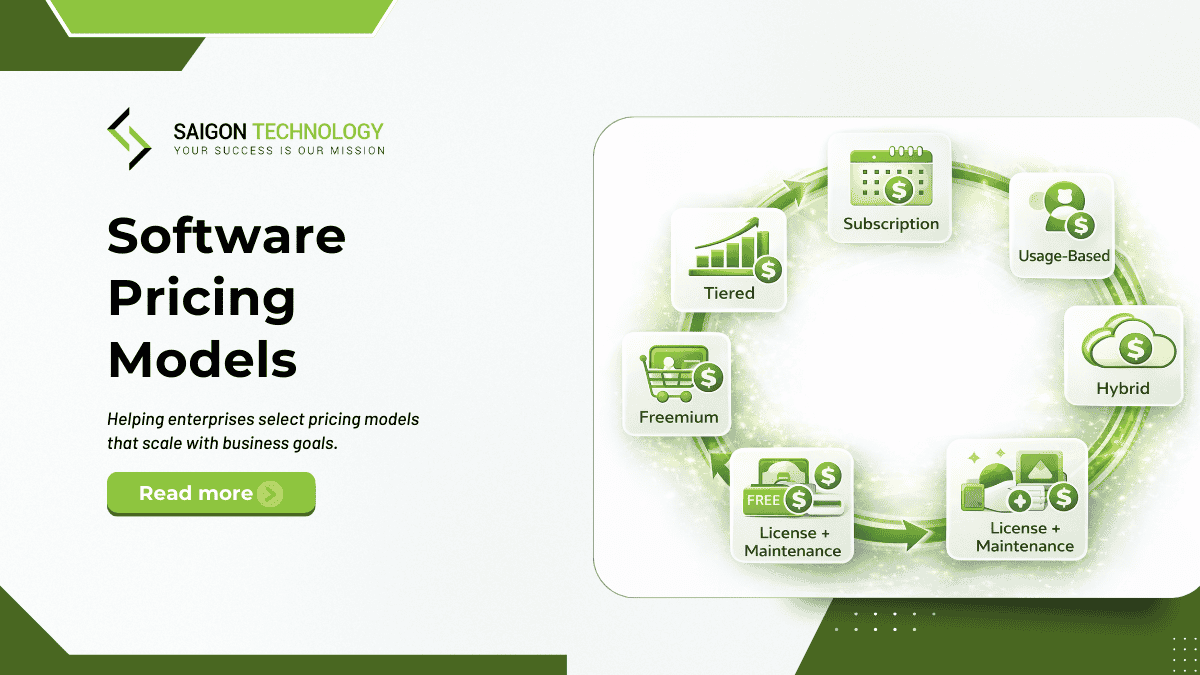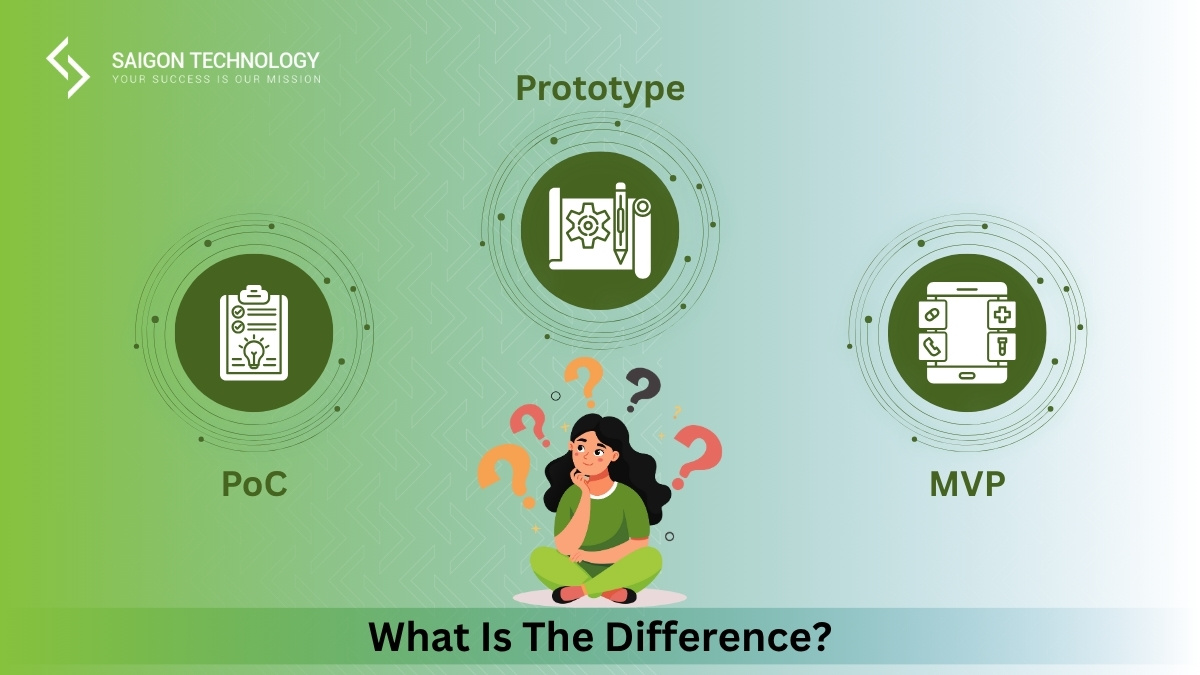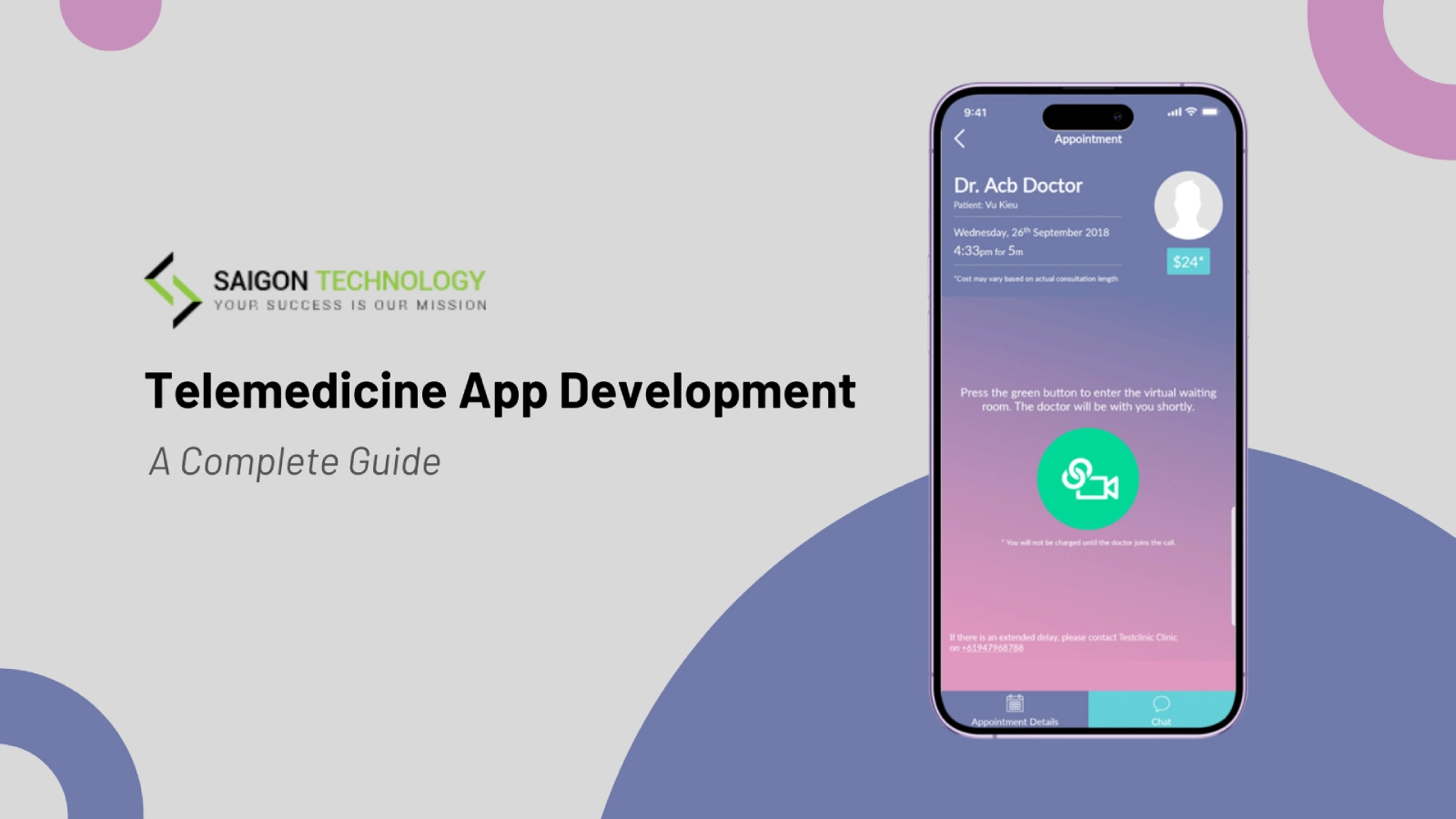Everyone expects fast and seamless apps. And that’s where native app development comes into play! This approach means you create apps specifically for iOS or Android platforms. You can dig into the ins and outs of native app development right here. This article also helps you explore the basics of mobile app development and compares native with hybrid and cross-platform options. Keep reading to decide whether to develop a native app to grow your business!
What is Native App Development?
Native app development is about creating applications tailored for specific platforms, like Android or iOS. Depending on the chosen platform, the process would be different. Native Android app development and native iOS app development demand particular tools and programming languages.
Native mobile app development offers tons of benefits for both users and businesses. More specifically:
- Optimized Performance: Native mobile apps have platform-specific hardware and software. Thus, your apps will come with impressive speed and efficiency.
- Superior User Experience: The apps stick to platform design guidelines to ensure seamless functionality. This way, you can easily meet user expectations.
- Full Access to Device Features: Developers use features like GPS, camera, and sensors. The access to device features enhances your app’s capabilities.
- Offline Functionality: Native apps can work without internet connectivity.
- App Store Visibility: You can easily publish native apps to the Apple App Store and Google Play Store. The stores will then support app promotion and monetization.
You can explore how to create a native app on your own to gain all the benefits above. Otherwise, collaborate with professionals for high-quality native app development services. Follow the guide below to ensure you get the best out of your project.
The Native App Development Process
Developers create a native app in multiple steps, each with specific requirements. Here is a detailed guide!
Requirement Gathering and Planning
To build a native app, you first need to define your app’s purpose. Then, study your target audience. Based on the study, you can plan which features to include in the app. This stage calls for detailed user stories and wireframes to visualize the app’s user interface and user flow. Your plan also needs detailed timelines and resource allocation. Once done, you can set a strong foundation for a smooth process.
UX UI Design
The outcome of this stage is an intuitive user interface. You should focus on the platform’s design guidelines and prioritize UX/UI design principles here. For example, if you are working on iOS, follow Human Interface Guidelines. And for Android, stick to Material Design. Also, create mockups and prototypes to visualize the app’s layout and interactions. Then, build the app’s UI with platform-specific tools and frameworks.
Native App Development
The heart of your app starts here! It needs clean, efficient, and well-structured code. To create a native app, you have to implement its core functionalities, like data storage, network communication, and user interactions. Native app developers use Swift and Swift UI for iOS. Meanwhile, native Android app development requires Java or Kotlin and Jetpack Compose.
Testing and Quality Assurance
Your app can only work perfectly after testing. In this stage, you conduct thorough testing for stability, performance, and security. Remember to test on different devices and OS versions to catch compatibility issues. If you want to save time and streamline the process, consider automated testing tools. Then, gather user feedback to fine-tune functionality and improve the user experience.
Deployment and Distribution
Excited to launch your app? Now you need to prepare it for submission to the Apple App Store or Google Play Store. You must follow the platform’s guidelines to ensure smooth approval. Once live, monitor the app’s performance and fix bugs. Also, update it with new features and improvements to keep your users engaged.
Advantages of Native App Development
The benefits of native app development are numerous. By focusing on one platform, native apps deliver impressive speed and reliability. That’s why these apps have become a favorite for users and businesses!
Unmatched Performance
When you build a native app, you will be impressed by its unmatched performance.
- Optimized for Specific Devices: You develop native apps for the hardware and software of a particular platform. Thus, your apps will stand out in terms of performance, speed, and user interaction.
- Seamless Integration with Device Features: Native apps can directly access device features like the camera, GPS, accelerometer, and more. All these features will bring your users immersive experiences.
Superior User Experience
Native apps feel effortless thanks to:
- Platform-Specific Design: Developers follow design rules like Human Interface for iOS and Material Design for Android. The apps then offer a consistent and intuitive user experience.
- Intuitive Interactions: The apps come with platform-specific UI components and interactions. Hence, they will feel natural and familiar to users.
Enhanced Security
If security is your top concern, do not miss out on native apps.
- Built-in Security Features: Native mobile applications have strong security features built right into the platform. These tools help protect user data and keep your app safe from attacks.
- Regular Security Updates: When you create a native app, the platform provides regular security updates. It means your app can stay up-to-date and avoid new threats.
Offline Functionality
Another great thing about native apps is that they can work offline. With this feature, you will gain more benefits:
- Local Data Storage: Native apps can store data locally on your device. Thus, users can access content even without an internet connection. Feel free to check them anytime, anywhere.
- Background Tasks: The apps can perform background tasks like syncing data or downloading content. Even when you are not actively using the app, you can ensure a smooth experience.
Looking for Top-Notch Native Mobile App Development Services?
Saigon Technology is a reliable native app development company. We deliver fast and secure solutions to bring you success. Contact us now to get started!
Disadvantages of Native App Development
Native app development stands out with its numerous advantages. However, you may encounter challenges on your way.
Higher Development Costs
Native application development is more costly than cross-platform one due to the following reasons:
- Separate Development for Each Platform: Native apps require separate development for iOS and Android. Thus, you have to hire different teams and manage two codebases, which increases overall development costs.
- Specialized Tools and Technologies: You need platform-specific tools and technologies. It means you have to invest more money in training and licensing.
Longer Development Time
Native mobile development takes more time due to the complex process. You also need to test them on multiple devices.
- Complex Development Process: Developing native apps means you have to design, test, and deploy the apps following platform-specific guidelines. The guidelines for each platform are different, leading to a longer development timeline.
- Testing on Multiple Devices: To ensure the apps work perfectly, you have to test your apps on various devices and OS versions. This extra step adds to the overall development time. However, you can ensure the best performance.
Platform-Specific Expertise
Developing native apps is tricky because it requires platform-specific expertise.
- Specialized Knowledge: Native app developers need specialized knowledge of each platform’s tools, languages, and best practices. With extensive expertise, they can guarantee high-quality development tailored to each platform.
- Steep Learning Curve: The learning curve for mastering a native app development platform can be steep. Developers must stay updated with the latest changes, which takes time but leads to better apps.
Native App Development vs. Hybrid and Cross-Platform: A Comparison
You can choose from native app development, hybrid, and cross-platform. Each approach has its own set of benefits and drawbacks.
Native App Development
Native app development is about creating an app for a specific platform. You can gain three primary advantages when choosing this solution:
- Superior Performance: As you access platform-specific hardware and software, you can ensure optimal performance, faster load times, and smoother user interactions.
- Seamless User Experience: This solution requires adherence to platform design guidelines and user expectations. This way, your apps will have a consistent and intuitive user experience.
- Full Feature Access: Native apps have platform-specific features, like the camera, GPS, accelerometer, and more. All the features work powerfully to maximize user experience.
Hybrid App Development
Hybrid apps combine web and native solutions. In this approach, you use web technologies to build the core of the app. Here are some characteristics of hybrid mobile app development:
- Single Codebase: Hybrid apps have web technologies (HTML, CSS, and JavaScript) wrapped in a native container. This way, developers can share a single codebase across multiple platforms.
- Compromised Performance: Hybrid relies on a single codebase to work across multiple platforms. Hence, sometimes, they experience performance issues, particularly when handling complex tasks.
- Limited Device Access: Hybrid apps can access some device features. However, web technologies don’t allow the apps to directly interact with all of a device’s hardware or software capabilities. In this case, you may prefer native mobile applications.
- Less Optimal User Experience: Hybrid apps often struggle to align with platform-specific design guidelines fully. User experience will then be less polished and consistent.
Cross-platform App Development
Cross-platform app development is the process of creating apps that work on multiple mobile operating systems. Here is something to expect from this solution:
- Shared Codebase: Developers use cross-platform frameworks like React Native to write a large part of the code once. Then, they deploy the code on both iOS and Android platforms. This way, they don’t have to write separate codebases for each platform.
- Balanced Performance: Cross-platform apps don’t rely on web technologies. Instead, they closely mimic native performance. Hence, you can balance performance and development effort.
- Limited Device Access: Cross-platform app development allows for some device features. Yet, compared to native mobile apps, cross-platform apps can’t fully access platform-specific APIs.
- Potential Performance Bottlenecks: Cross-platform apps can’t handle complex UI interactions and heavy computations. When overloaded, they will have performance issues.
Read more: Popular Cross-platform App Development Frameworks in 2025
Choosing the Right App Development Approach
All three approaches above bring you certain benefits. So how can you choose the most suitable one for your business?
App Requirements and Goals
What do you want from your app? Your app requirements act as the guidelines for the project.
- Performance: If your app demands high performance, native app development would be the ideal choice. Native apps allow for graphics-intensive and real-time applications. They work powerfully on each platform with top-notch performance.
- User Experience: Native app development ensures a seamless user experience. By sticking to platform-specific design guidelines, native apps feel familiar to users.
- Device Feature Access: If your app requires extensive access to device features, go for native app development. Your app can then seamlessly integrate with the device’s hardware and get powerful features without limitations.
- Time to Market: When rapid development and time-to-market are important, hybrid or cross-platform solutions may be more suitable. These two approaches allow developers to build a single codebase for both iOS and Android.
- Budget: If you are working with a tight budget, hybrid or cross-platform app development would be best. Since you reuse the code across multiple platforms, you won’t need separate development teams, leading to lower costs.
Team Expertise and Resources
Due to the differences in the app development process, you need different levels of resources and expertise for your project. Here are two cases:
In-house Development: If you have an in-house team to work on the project, assess their proficiency in native platform development (iOS and Android), hybrid frameworks (React Native, Ionic), or cross-platform frameworks (Flutter). You may need a lot of time and effort to recruit and manage your team.
Outsource App Development: Offshore app development helps reduce costs, especially with native app development. This method also allows you to access extensive expertise within a short period. Saigon Technology offers cost-effective native app development services globally with an offshore team in Vietnam. We serve all types of businesses in the US, UK, Australia, Singapore, and Germany. With our help, you can enjoy all the benefits of native app development.
Read more: Explore How to Outsource App Development Effectively
Weigh the Pros and Cons of Each Approach
Native, hybrid, and cross-platform app development are different in multiple terms. Check this summary table to choose your favorite:
| Native App Development | Hybrid App Development | Cross-Platform App Development | |
| Performance | Superior performance, optimized for specific devices | Compromised performance, especially for complex interactions | Balanced performance, often better than hybrid apps |
| User Experience | Seamless user experience, adhering to platform design guidelines | Less optimal user experience, may not fully adhere to platform guidelines | Good user experience, but may not match native app quality |
| Device Features | Full access to device features and APIs | Limited access to device features, especially platform-specific APIs | Limited access to device features, but better than hybrid apps |
| Development Time | Longer development time, especially for complex apps | Faster development time due to code sharing | Faster development time than native apps, but slower than hybrid apps |
| Development Cost | Higher development cost due to separate codebases for each platform | Lower development cost due to code sharing | Lower development cost than native apps, but higher than hybrid apps |
| App Store Approval | Stricter app store review process | Less strict app store review process | Less strict app store review process |
Real-World Examples of Native Mobile Apps
Both native iOS and Android app development are common and have many outstanding products. For example:
Native iOS app development: Popular native mobile apps for iOS include Apple Music, iMessage, and FaceTime. These apps have full integration with Apple’s hardware and software for a smooth user experience.
Native Android app development: On Android, well-known native mobile apps are Google Maps, YouTube, and Gmail. The smooth performance and deep integration with Android’s features and hardware make them stand out.
How Much Does Native App Development Cost?
The native app development cost depends on several factors:
- App complexity: Simple apps are cheaper to develop. On the other hand, complex apps have advanced features and integrations, which cost more.
- Platform: Native Android application development and native iOS application development need separate processes. If you want to develop both platforms, the price will increase.
- Features and functionality: Core features cost less than advanced ones because the native mobile app developer has to work more and use more technologies.
- Design and UI/UX: Custom design and intricate user interfaces are more expensive than the basic design.
- Development team expertise: A more experienced native mobile app development company often charges higher rates. Yet, they provide quality results.
- Maintenance and support: Post-launch updates and bug fixes contribute to the overall cost.
Based on the factors below, you can expect the average cost ranges as follows:
- Simple native app: $10,000 – $50,000
- Medium complexity app: $50,000 – $100,000
- Complex app: $100,000+
If you are looking to create a native app, choose the right development partner. Saigon Technology offers expert services to fit your needs. Contact us for a custom quote!
Why Choose Saigon Technology for Your Native Mobile App Development Project?
Choosing the right partner for your native mobile application development project is the first step to success. As a trusted native mobile app development company, Saigon Technology combines expertise and experience to deliver exceptional results. Here is what we are your ideal partner:
- Experience: With more than 12 years of experience in providing mobile app development services, particularly in native app development for iOS and Android, we can handle complex projects easily.
- Skilled developers at competitive rates: Each talented native mobile app developer in our team offers top-notch native app development services at cost-effective prices. With us, you can make the most of your budget.
- Platform-specific expertise: We use platform-specific tools to bring out the best of your project. Our expertise includes Swift and Swift UI for iOS and Java, Kotlin, and Jetpack Compose for Android.
- Advanced technologies: We master the use of AI, ML, cloud computing, and IoT. These cutting-edge technologies will give your app a modern, competitive edge.
- Comprehensive support: We help you with app store submission. You can also receive ongoing maintenance to keep your app performing optimally.
- Thorough testing: We conduct rigorous testing to ensure a bug-free app. This way, you can give your users excellent experiences and performance.
- Certified quality and security: ISO 9001 and ISO 27001 certifications guarantee high-quality and secure development processes.
Conclusion
Native app development stands out for unmatched performance, user experiences, and device integration. Hybrid and cross-platform approaches offer faster development and cost-saving benefits, but they may compromise quality. After all, you need to consider your app’s requirements, target audience, and available resources to choose the best solution for your business. Why don’t you make informed decisions and invest strategically in native mobile app development? This way, your mobile solution will exceed user expectations!
FAQs
What is a native app?
A native mobile app is a software application developed specifically for a particular operating system, such as iOS or Android. Developers use the OS’s native programming languages and tools to build these apps, like Swift for iOS or Kotlin for Android.
What programming languages are used for native app development?
For native application development in Android, developers often use programming languages like Kotlin and Java. For iOS, Swift and Objective-C are the primary languages used in native mobile app development technologies.
What development tools and frameworks are used for native app development?
The right tools and frameworks depend on which platform you are working on. For example:
- Native Android development: Android Studio
- Native iOS development: Xcode
How long does it take to develop a native app?
The time it takes to build native mobile apps depends on the app’s complexity, features, and platform. You can develop simple apps in just a few weeks, while complex apps might take several months.
Saigon Technology follows an MVP-first approach. We focus on delivering a Minimum Viable Product (MVP) quickly. Then, we test your app with real users and gather feedback. Ultimately, we help you save time and resources in the long run. Partner with us to speed up the process!
How much does it cost to develop a native app?
Many factors determine the cost of native app development. You need to consider the app’s complexity, features, platform, and development team’s hourly rate. Saigon Technology offers cost-effective offshore native app development. Our offshore team in Vietnam ensures high-quality apps at competitive prices. Contact us now to start your project!


